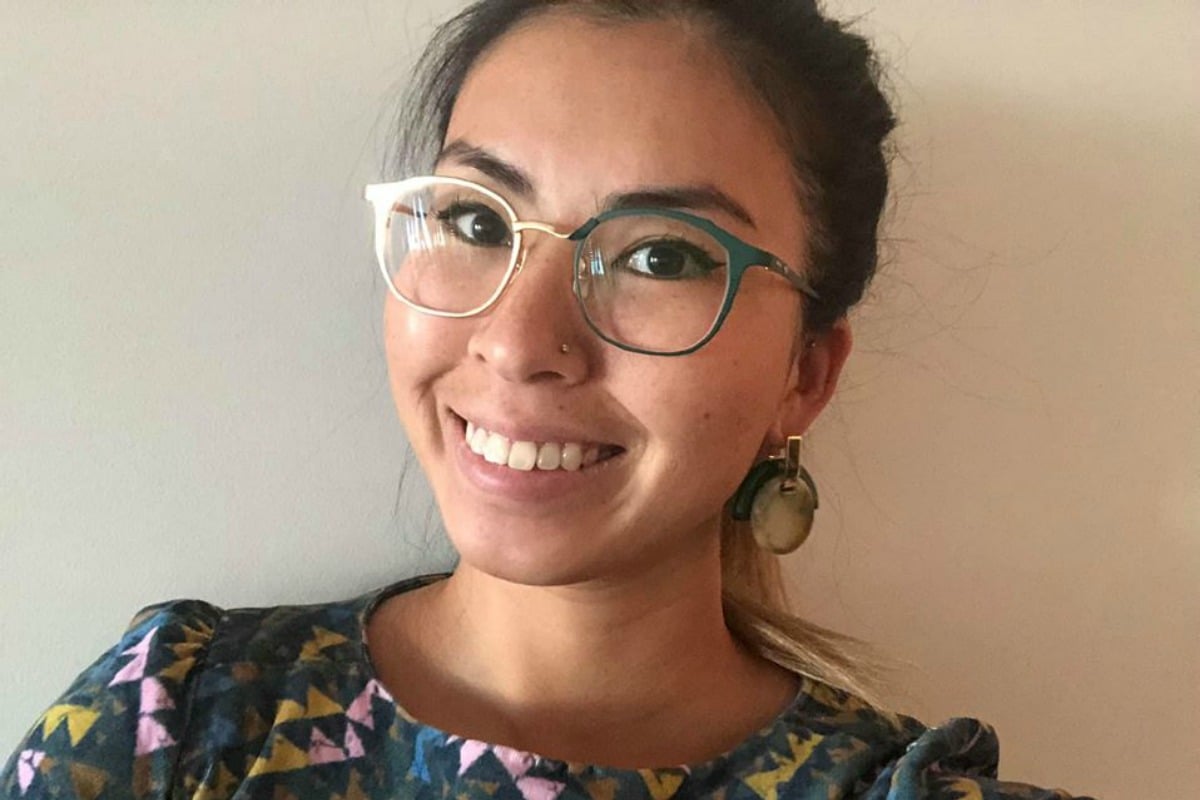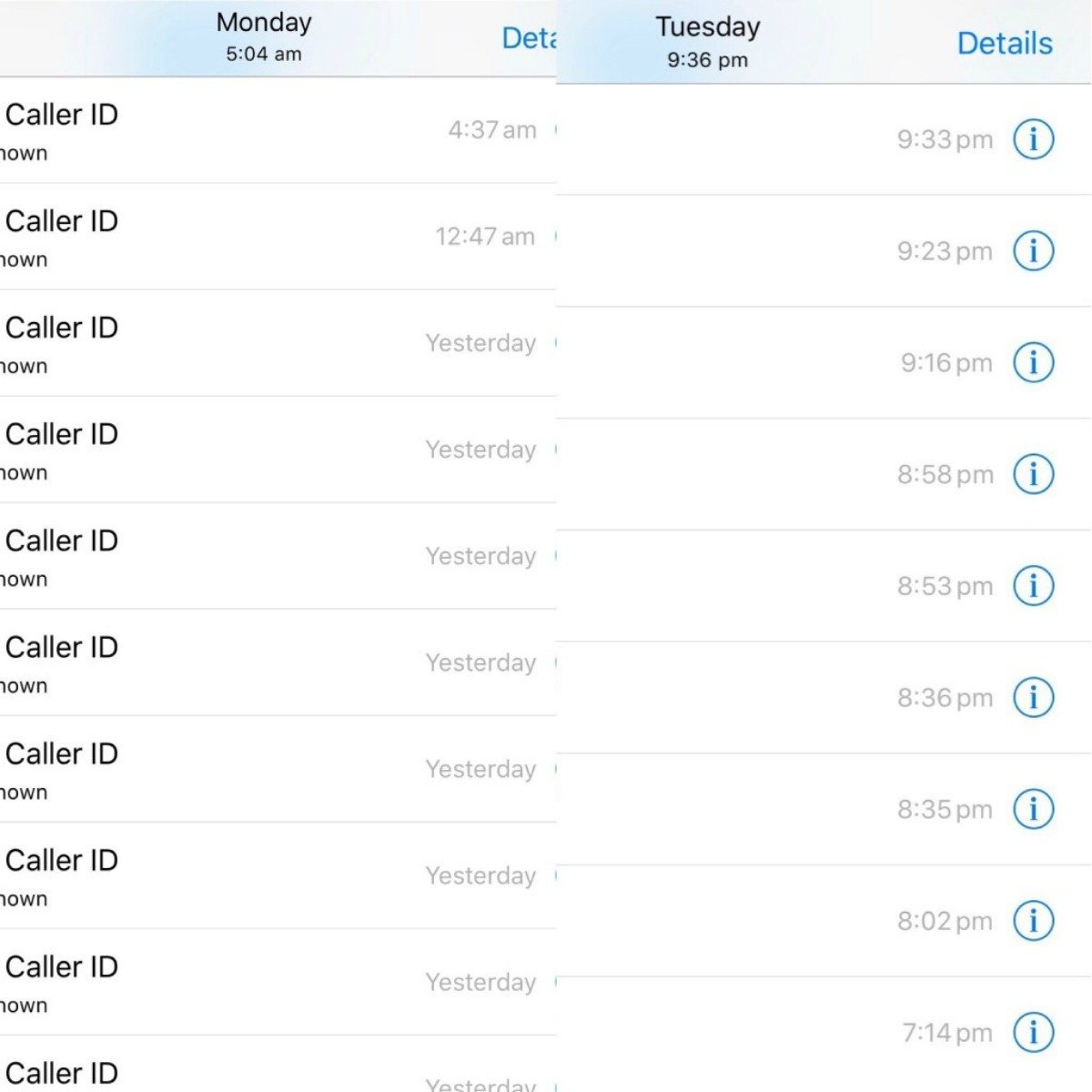
Over the weekend, a doctor was named and shamed in the media.
Victorian Health Minister Jenny Mikakos spoke about a GP in Melbourne who had tested positive for COVID-19. She said she was ‘flabbergasted’ that he would continue to work, exposing 70 patients to the virus, and that his ‘irresponsible’ decision was something for the medical board (AHPRA) to pursue. There are so many things wrong here, and it has caused the medical community to respond with outrage. I’ve summarised some of the arguments:
Confidentiality.
The doctor is now a patient with coronavirus. His right to privacy as a patient has been breached when details about him were released. His gender, approximate age, and workplace were revealed and it didn’t take long for the media to identify and name this GP, who happens to have a famous daughter.
For him to be named and shamed is completely unfair, especially as he didn’t do anything wrong. His business is now threatened by this negative press.
The GP followed guidelines.
This GP did not meet the criteria for testing. He had travelled to a country (USA) that was not considered high-risk at the time, and his only symptom was a runny nose which had mostly resolved by the time he went back to work.
When he did get tested, which he chose to do for the sake of ‘completeness’ (as he has since come out to explain), he informed the relevant parties, stopped working, and his patients were notified and managed appropriately.
If every doctor who had a runny nose didn’t go to work, the health system would collapse.



Top Comments
My pitchfork has only 3 prongs at the moment
I'm not sure if I should use it for GP's, teachers, wellness frauds, politicians, entitled parents, bridezillas or leave some room for something else like a larger pitchfork and a multi-prong.
I just think to myself what a wonderful world and hum along (coz I'm tone deaf)
Dr Higgins's identity was not leaked by the Dept of Health, but surely if you have a test for COVID 19, you would wait for the results before heading off back to work? As for the breach of Dr Higgin's identity, whoever was responsible should be taken to task.
You do not need to name someone to breach their confidentiality. The department released the doctor's clinic, gender and age. From 6 doctors at the clinic, it was not hard for the media to do the rest.
They had all the contact details of patients through the clinic's booking software, so they really didn't need to name the clinic at all.
The authorities should release details of the clinic, just as they did the nursing home in Sydney. Boo hoo he's upset. I would be pretty upset if I were one of the patients he treated, particularly the two elderly nursing home residents
Dr Higgins did not meet the criteria set by the guidelines RELEASED BY THE DEPARTMENT OF HEALTH for COVID-19 testing. He had returned from a country which wasn't on the list of "risky" travel locations, and he had a runny nose which had almost resolved when he returned to work. The guidelines at the time would not have advised he be screened, nor a quarantine period put into place.
And yes, as per the other posters: the Dept of Health didn't directly name him, but they played Cluedo enough to make it abundantly clear to anyone with access to Google to figure out who he was with literally one click of a mouse. For them to suggest that they *didn't* breach his confidentiality is just semantic games. If I did the same thing to a patient as a doctor, I'd rightfully be sacked.
What happened to plain old commonsense? There is a worldwide coronavirus epidemic (?pandemic) happening at the time he was travelling. Every country is at risk, some more than others. The signs and symptoms of COVID19 vary from individual to individual, so it stands to reason that any symptom following a long haul flight might well be coronavirus. He was obviously concerned enough to swab himself, so why not wait for the result? As for his identity, I doubt that would have ever remained secret considering the clinic would have been closed down either way and anyone visiting the clinic, or working there would have alerted the media. Ironically, most doctor's surgeries have signs on their front door informing patients that anyone with cold symptoms etc and most importantly, having just travelled from overseas should alert the reception staff immediately. Seems that directive did not concern the staff working at that particular clinic.